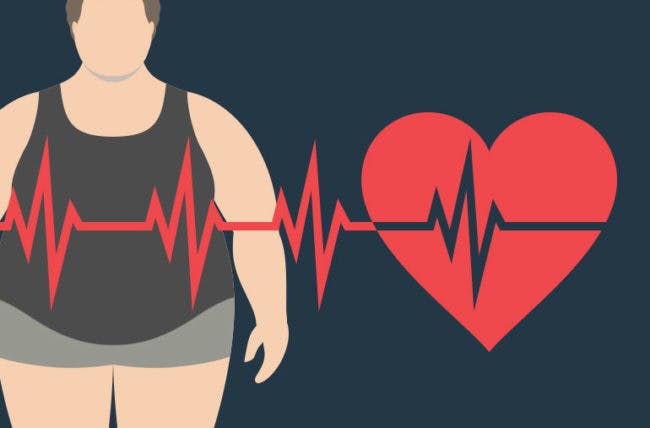Technology is fast becoming an inseparable part of our lives and has become quite important in every field of work. With many people delving into programming now, making it necessary to spend extended hours in front of a computer, there is an increased risk of developing certain health issues if proper care is not taken. Six among them are:
 images.ctfassets.net/u4vv676b8z52/7e78ClHLX..
images.ctfassets.net/u4vv676b8z52/7e78ClHLX..
Vision problems: As a programmer, we tend to get exposed to notorious bright light from the screen which causes so much strain to our eyes if it is not properly protected. Drying out of the eyes can also occur if there are delays in blinking.
Tips to consider
- Always maintain a proper vision distance from the screen.
- Blink at regular intervals to provide moisture to the eyes.
- Adjust the brightness of your screen to prevent eye strain.
- While working on your computer, take a 20secs break after every 20minutes by staring at an object 20feets away.
- Use protective eyeglasses.
 telegraph.co.uk/content/dam/health-fitness/..
telegraph.co.uk/content/dam/health-fitness/..
Lower back pain: This is unarguably the most common problem suffered by IT professionals since we tend to spend long hours in front of the computer. This causes a great deal of stress to bones and cartilage leading to back pain which may be ACUTE LBP or CHRONIC LBP.
Tips to consider
- Take frequent breaks in between work.
- Maintain good posture when sitting.
- Get regular exercise to keep your back muscles fit and flexible.
- Use proper techniques for lifting (lift with your legs rather than your back)
 google.com/url?sa=i&url=https%3A%2F%2Fw..
google.com/url?sa=i&url=https%3A%2F%2Fw..
- Anxiety and stress: Having a target amidst many other workloads can induce anxiety and stress. IT professionals and people who spend so much time in front of a computer tend to develop depression. Depression can greatly affect the quality of life and have a negative impact on personal relationships as well.
Tips to consider
- Limit your work to the workplace only.
- Practice yoga or look for an alternative form of relaxation therapy.
- Exercise a lot or join a group event, as it encourages interaction, and helps relieve stress.
- Start your work early to prevent a last-minute rush.
 mypvhc.com/wp-content/uploads/2018/06/shutt..
mypvhc.com/wp-content/uploads/2018/06/shutt..
- Sleeping problems: Artificial lighting given off from a computer screen can trick your brain and suppress the release of melatonin (the hormone that puts you in a state of quiet wakefulness ultimately promoting sleep). The frequent use of a bright screen over a number of days can delay the body clock by 1.5 hours. Which means you tend to go to bed late and wake up later than usual.
Tips to consider
- Avoid the use of the computer shortly before sleeping.
- Try reading a book or any other thing you consider relaxing prior to going to bed, this will help you fall asleep faster.
- Keep a regular sleep-wake cycle if you can afford to.
 health.harvard.edu/diseases-and-conditions/..
health.harvard.edu/diseases-and-conditions/..
- Headaches: Headache usually arises from the tissue and structures that surround the skull or the brain. Vision problems, as well as the continued strain of the eyes, can also cause headaches. It may arise spontaneously or may be associated with activity or exercise which may be acute or chronic in nature with or without episodes of increasing strength.
Tips to consider
- Try keeping your neck straight in front of the computer.
- Take breaks in between work.
 2rdnmg1qbg403gumla1v9i2h-wpengine.netdna-ss..
2rdnmg1qbg403gumla1v9i2h-wpengine.netdna-ss..
Obesity: This is a complex disease involving excessive body fat. It often occurs when too many calories are taken than burned by exercise and normal daily activity. Prolonged use of computers can lead to an overall sedentary lifestyle that lacks exercise or enough physical activity necessary to get rid of excessive calories. Long-drawn-out use of computers is a major contributory factor to obesity.
Tips to consider
- Practice some lifestyle changes such as diet and exercise.
- Set time limits for yourself to get off work.
Since we can't afford not to use a computer, it won't be a bad idea if used responsibly and as directed in order to reduce any risk to our health.
